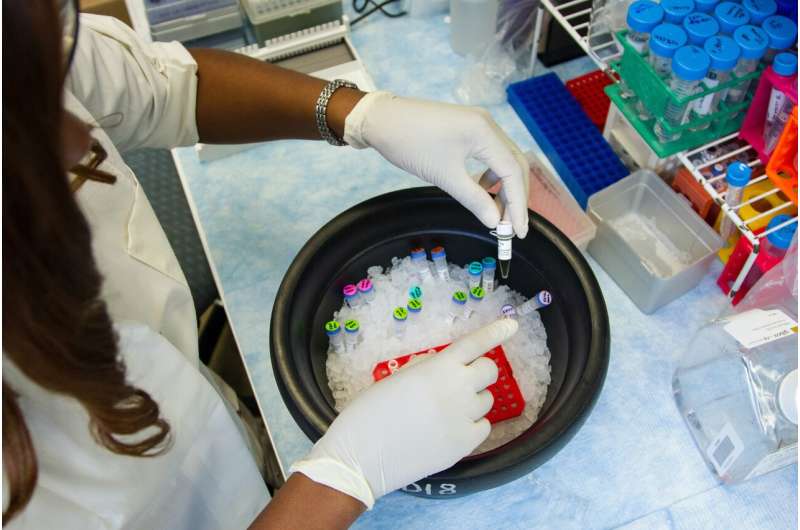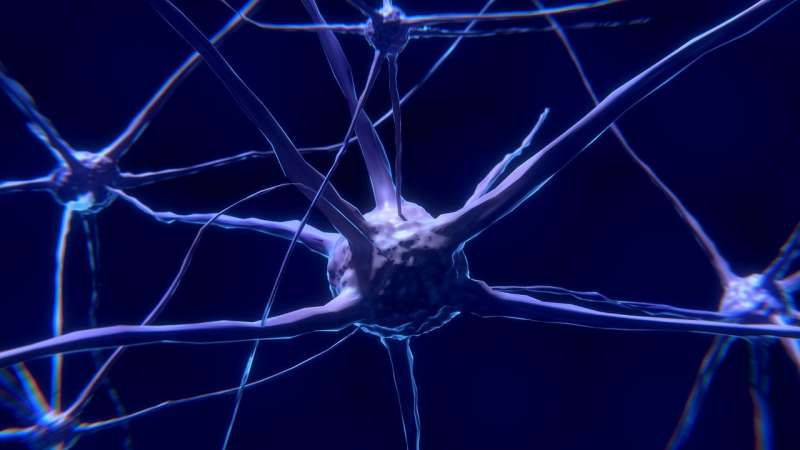High-Fat Diet Linked to Memory Impairment Through Disruption of Cellular Recycling

New research links high-fat diets to memory impairment by disrupting the brain's cellular recycling process. Enhancing autophagy could offer protective strategies against cognitive decline.
Recent research from Chiba University has revealed that consuming a high-fat diet (HFD) can negatively affect memory formation by interfering with the body's cellular recycling process known as autophagy. As modern lifestyles increasingly favor high-fat foods, there is a growing concern about the impact on brain health, as such diets have been associated with cognitive decline and neurodegenerative diseases, including Alzheimer's.
The study utilized Drosophila, commonly known as fruit flies, as a model system to explore how HFD influences memory and neuronal health. The researchers observed that flies fed a high-fat diet for seven days exhibited elevated levels of triglycerides and glucose, indicating disrupted lipid and carbohydrate metabolism. Importantly, these flies showed impairments in intermediate-term and long-term memory, while short-term memory remained unaffected.
Autophagy, a vital cellular process responsible for degrading and recycling cellular components, plays a key role in maintaining neuronal health. The study found that HFD impairs autophagy by disrupting the fusion of autophagosomes and lysosomes—crucial steps required for cellular cleanup. Notably, impaired autophagy was evidenced by increased levels of the protein Ref(2)p, which is normally degraded during healthy autophagy, and decreased autophagosome formation indicated by the Atg8a-II/I ratio.
Furthermore, the researchers demonstrated that enhancing autophagy, either genetically by overexpressing Atg1 or pharmacologically with rapamycin, could reverse the memory deficits caused by the high-fat diet. Conversely, inhibiting lysosomal function exacerbated memory impairments, underscoring the importance of an efficient autophagy-lysosome pathway.
Gene expression analysis revealed that HFD downregulated genes involved in lysosomal signaling, further supporting the notion that lipid-rich diets compromise cellular clearance mechanisms. Importantly, these findings suggest that interventions promoting autophagy could serve as potential strategies to mitigate diet-induced cognitive decline.
Associate Professor Ayako Tonoki emphasized that lifestyle modifications such as exercise and intermittent fasting, which boost autophagic activity, might help improve memory and overall brain health. The study highlights the importance of dietary choices and their profound impact on neural functions, offering insights into preventive approaches against neurodegenerative conditions.
Overall, this research emphasizes that high-fat diets can impair memory formation by disrupting autophagy and lysosomal function, revealing avenues for future therapies aimed at preserving cognitive health through cellular recycling pathways.
Stay Updated with Mia's Feed
Get the latest health & wellness insights delivered straight to your inbox.
Related Articles
Strategies to Halt the Spread of HIV in the Southern United States
The Southern United States has become a new hotspot for HIV infections. Increased education, testing, and access to treatment are vital to curbing this growing epidemic. Learn more about effective strategies to stop HIV in the South.
Innovative Machine Learning Tool Enhances Cancer Tissue Analysis
A new machine learning tool named OmicsTweezer enhances cancer tissue analysis by accurately mapping cell types within tumor microenvironments, offering promising implications for precision oncology research.
Low-Oxygen Air Therapy Shows Promise in Slowing Parkinson's Disease and Restoring Movement in Mice
New research indicates that low-oxygen environments can protect neurons and reverse movement impairments in Parkinson's mouse models, opening new avenues for treatment strategies.
USC White Paper Recommends FDA Reforms to Accelerate Innovation and Broaden Patient Access
A new USC white paper recommends strategic reforms for the FDA to accelerate drug innovation, modernize clinical trials, and expand patient access through technological advancements and patient-centered policies.



